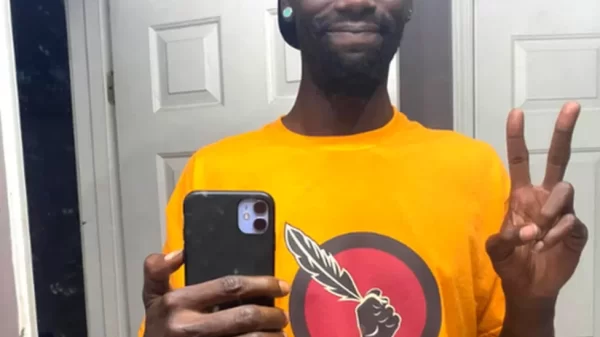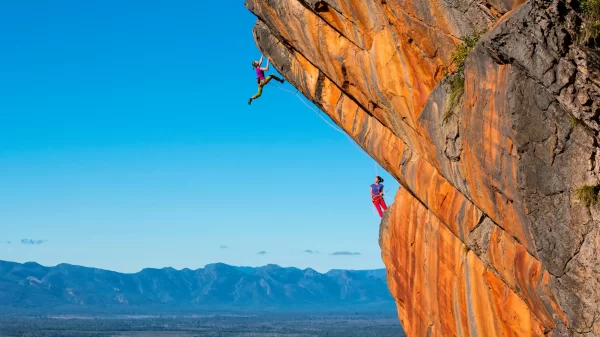An anniversary passed this autumn, almost unnoticed in all the excitement. It is 110 years since the first New Zealand team came to Britain, the 1905 “Originals” as they are now known. The week in which the 2015 All Blacks beat Argentina in the first match of this World Cup marked the anniversary of their predecessors’ defeat of Devon in the first game of their tour. The English papers were so startled by that result that some assumed the reporters at the ground had made a mistake, that it must have been the home team who had won 55-4, and so switched the scoreline around in their early editions.
The Originals blazed through Britain, just like these All Blacks have. In 1905 they scored 976 points and conceded only 59. They bewildered their opponents and bewitched the press and public. They were fitter, stronger, sharper and more scientific. No one in the north had even conceived that it was possible to play the way the All Blacks did, let alone seen it done. They were not used to the wing-forwards, or the way the full-back would join the attacks, to seeing the ball pass through so many hands, or the manner in which forwards mingled with backs.
The British journalists searched for the words to do them justice. “They work together like the parts of a well-constructed watch,” one wrote. “Wherever a man is wanted, there he is!” After they beat Northampton 32-0, the Daily Telegraph admitted “the situation is becoming quite alarming”. New Zealand were playing “rugby from the future”. This last line is taken, in fact, from this Sunday’s Observer because, as it was in 1905, so it is again in 2015. The All Blacks are that much better that, as Dean Ryan wrote, “they didn’t just win their third World Cup on Saturday, they set the bar for 2019.”
The challenge facing the rest of the rugby world now is the same as it was then: to try to catch the All Blacks. Because they are not about to slip back into the pack, as England did after they won the World Cup in 2003. They will be, for a while, a little more vulnerable. They cannot be anything else, given that they are likely to lose five great players, in Richie McCaw, Dan Carter, Ma’a Nonu, Conrad Smith and Keven Mealamu. But, of course, Steve Hansen saw this problem coming and has spent a lot of the past four years getting their replacements ready.
As Hansen said on Saturday night, “The pleasing thing is we have got a massive group of players who have played between 20 and 40 Test matches who are in great shape to take this team forward once these other guys decide to move on.”
Sam Cane is waiting to take McCaw’s spot, just as Aaron Cruden is Carter’s. Cane is only 23 but has already won 31 caps and captained the side when McCaw was rested from the match against Namibia. Cruden, out injured, is 26 but has played 37 Tests. Beauden Barrett, who will be fighting him for the right to start at fly-half, is 24 and has played 36. “The opportunity will come now for someone else to try to be better than Richie,” Hansen said, “or better than Dan.”
If anyone is going to overhaul New Zealand in the next four years, it seems likely it will be one of the other three semi-finalists from the southern hemisphere, not least because they have to play them home and away in the Rugby Championship each year. While the European teams measure their success against each other in the Six Nations, if Australia, Argentina and South Africa want to win a title, they have to beat the world champions. As Michael Cheika said, “We’re lucky we get to play against them in the Rugby Championship, so we can keep trying to improve. You’ve got to mark yourself against the best and they’ve been No1 for a while.”
For the best two teams in Europe, Wales and Ireland, it would be something to beat the All Blacks once, never mind to make a habit of it. The Welsh last did it in 1953 and the Irish, like the Scots, have never done it at all.
The English, meanwhile, have more money and more players than any other country, and some fine young talent too, having won two of the last three Under-20 World Championships. But they seem to be constitutionally incapable of exploiting any of these advantages, and leave this World Cup more confused about what to do than they were when they came into it. It is a similar story for the French.
The Australians, Argentinians and South Africans do not have much time to waste worrying about reviews, grass roots reform or root causes. They will have to square up to New Zealand again in August. Australia are undoubtedly on an upward curve but still look to be lacking a little strength in depth and there is nothing much Cheika can do about that.
So of the three South Africa seem to be the best placed, if only because, like New Zealand, their next generation of players is already in place and looks particularly good. Jesse Kriel, Handrè Pollard, Damien de Allende, Frans Malherbe and Lood de Jager are all under 24, so the Springboks already have the makings of their team for 2019. The tussle in the Rugby Championship next year will be worth watching and, hard truth this, will probably feel as far ahead of what we will see in the 2016 Six Nations as the Originals did to the Edwardians in 1905.
Source: https://www.theguardian.com






































